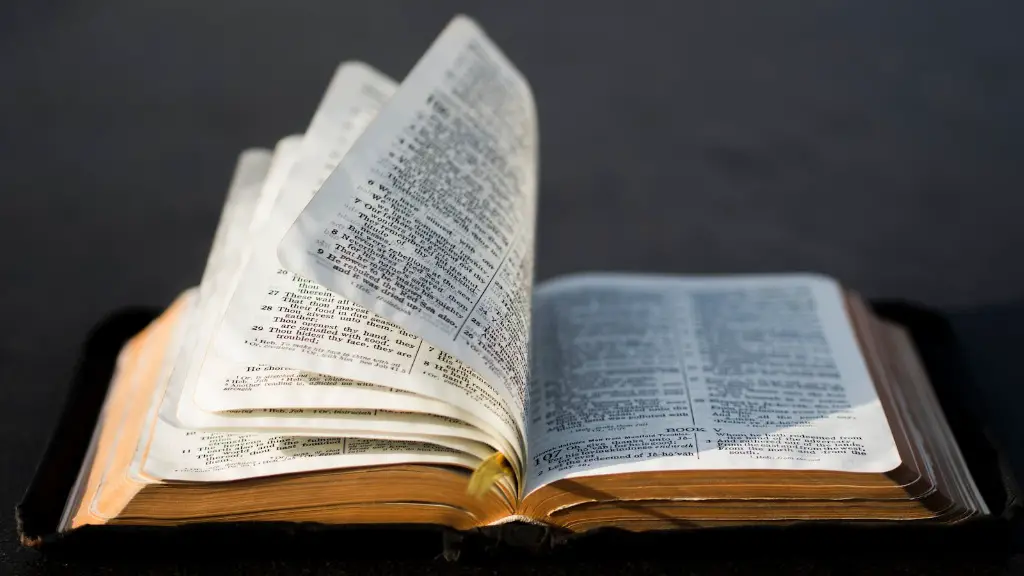Background of Amos
The Book of Amos is the third of the Twelve Minor Prophets in the Tanakh/Old Testament and the second in the Greek Septuagint tradition.Amos is traditionally seen as prophesying during the reign of King Jeroboam II, a King of the Northern Kingdom of Israel (sometimes described as the “kingdom of Israel”), around two years before the Assyrian conquest of the northern kingdom (722–721 BC).Today, Amos is considered to be the father of prophetic literature, and the most famous commentator in Church history.
The Message of Amos
The book of Amos is filled with warnings of God’s wrath for Israel’s sin of social injustice.Amos repeatedly exhorted Israel to “Seek me and live” (5:4, 6, 14; see also 4:6–13; 6:12–13).The main message of Amos is the same as that of other prophets of the OT: a call to repentance and the reminder that God will not allow people to go unpunished for their sins. He denounced the many sins of the country of Israel: idolatry, social injustice towards the poor and oppressed, and arrogance.
Amos as the Father of Prophetic Literature
The book of Amos is remarkable for its vivid descriptions of God’s retribution. One of the first recorded prophets to proclaim God’s judgment on a nation, Amos is seen by many as the father of prophetic literature. While it is not his only characteristic – George Knight III has noted that in Amos “there is more ethical and moral personal religion than any ordinary prophet” – he is seen as being foremost in the prophetic tradition. This is supported by Joseph Blenkinsopp’s observation that Amos’s “strictures on social injustice and the religious prostitution of his day are the most comprehensive in the Old Testament”.
Amos in the New Testament
The New Testament makes several references to Amos. These include Jesus’ use of two quotes from Amos (Matthew 11:9-11 and Matthew 24:15-18) as well as the Apostle Paul’s reference to Amos 9:11-12 in Acts 15:14-18. This confirms the importance of Amos and his prophetic activity. Furthermore, Acts 2:17-21 uses part of Amos 5:26-27 to explain that God has restored the fortunes of Israel. Clearly, Amos and his writings were of great significance to leaders of the early Church.
The Influence of Amos on Christianity
The message of Amos has had a profound influence on the Christian church. One of the earliest Christian theologians, Origen, repeated Amos’ warnings of God’s punishment and viewed Amos as a forerunner of Jesus. Later, Reformer Martin Luther proclaimed Amos an example of faithfulness and integrity. Even today, many churches read passages from the book of Amos regularly and it continues to be an important source of moral instruction and spiritual guidance.
Amos’ Modern Relevance
Modern believers can still learn lessons from the book of Amos. Despite being written thousands of years ago, the book of Amos speaks to our modern social context. Its messages about economic disparities, oppression of the vulnerable, and human-caused ecological degradation remain tragically relevant. Amos also highlights the importance of trusting God to provide, no matter how difficult things may seem. It is a source of hope and encouragement for those struggling with the consequences of living in an unjust world.
Amos’ Legacy
Amos’ place in history is an enduring one. As a prophetic figure, Amos warned of the consequences of sin and reminded God’s people of the value of justice and obedience. He stands as a reminder of God’s mercy and justice and as an example that God is as involved in our lives today as he was in the lives of ancient Israelites. As He said through Amos, “For behold, the days are coming, declares the Lord God, when I will send a famine on the land— not a famine of bread, nor a thirst for water, but of hearing the words of the Lord.” (Amos 8:11).
Amos and Holiness
The holiness of God was a major theme that Amos emphasized. He portrayed God as holy, righteous, and just. Amos declared God’s opposition to sin, injustice, and oppression, and called the people of Israel to repentance. His message of holiness was vital to Israel during this time, as Israel had been slowly sliding into a period of deep moral and spiritual decline. Amos emphasized the need for the nation to focus on their God and to remember Him and His holiness at all times.
Amos and the Poor
The book of Amos is particularly known for its focus on the plight of the poor and oppressed. Amos spoke out against the wealthy who showed no concern for the less fortunate. He exposed their questionable dealings and targeted their abusive treatment of the people they had power over. He spoke passionately of restoring justice and standing up for the rights of those who were vulnerable. He declared that the Lord saw what was happening and would punish the rich who oppressed the poor (see 4:1-3, 5:11-15).
Amos and the Nations
Surprisingly, the book of Amos contains several references to the nations—not just Israel. The Lord declared that He “will sift the house of Israel” (see 9:9) and also send judgment to Egypt and Assyria. Amos warned that God would also judge other nations as well as Israel, “for all have sinned and fall short of the glory of God” (Romans 3:23). This reminder is still applicable today, as no nation is exempt from God’s judgment.
Amos and Worship
Amos also had a great deal to say about worship. He spoke out against the false worship practices of his day and emphasized that true worship was about having a relationship with God, not simply about empty ritual and ceremony (see 5:21-23). He warned that the worship of false gods, like Baal or Asherah, would bring swift judgment from the Lord (see Amos 5:25-27). God might overlook certain sins from time to time, but He could not tolerate the worship of false gods, which was an affront to His holiness.


